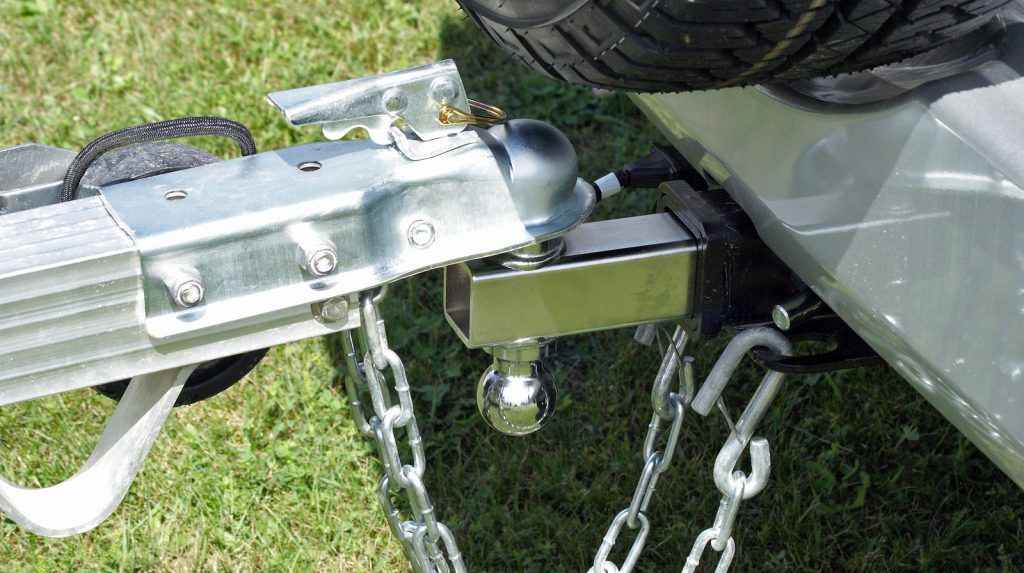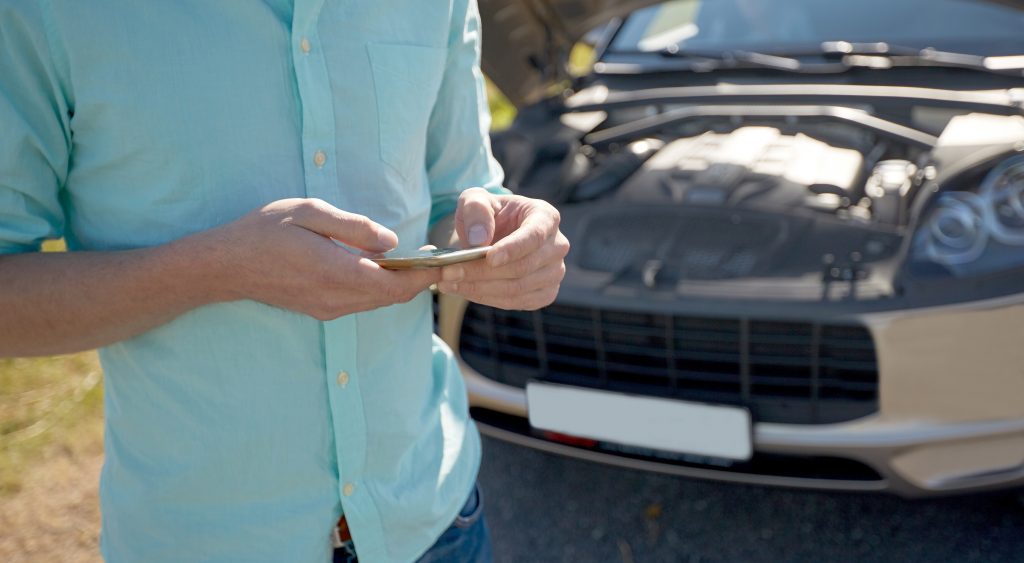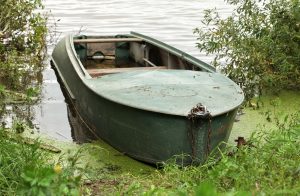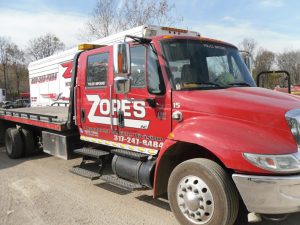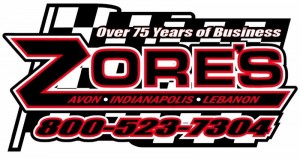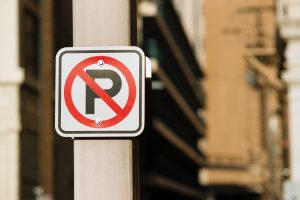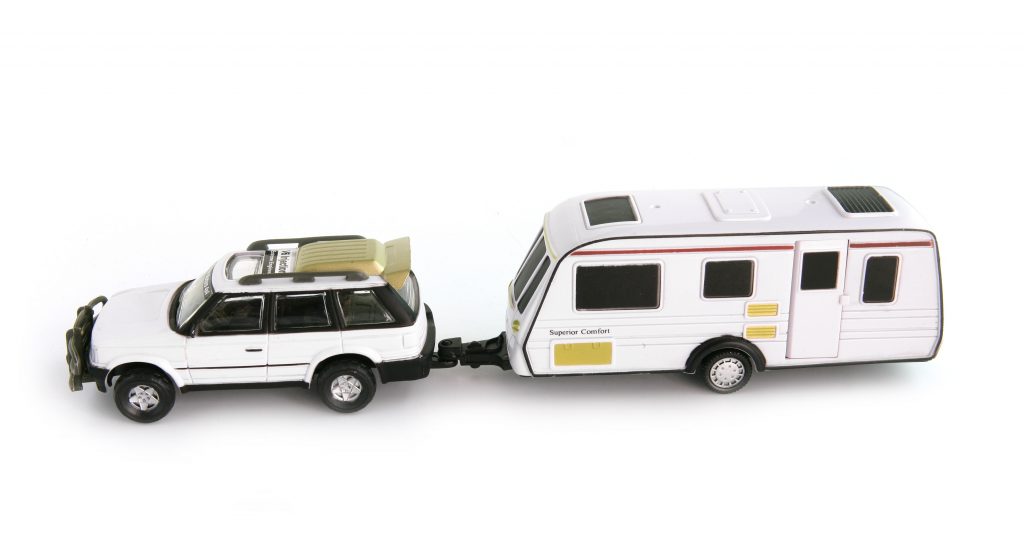Continue below to review some frequently asked questions about towing setups and hitch class receivers.
What are Hitch Classes?
All hitches can be categorized into 5 classes, fittingly labeled Class 1 through Class 5. See our article, “The 5 Hitch Classes and their Maximum Load Capacities” to learn more about hitch classes, including the load capacities for each.
How Do I Choose the Right Tow Hitch?
Start by referring to your towing vehicle’s owners’ manual, as well as, the same manual for your trailer. The manual for your towing vehicle will provide its maximum tongue weight (TW) and gross trailer weight (GTW). Tongue weight is the total amount of weight that rests directly on top of the hitch. Gross Trailer weight is the total mass of your trailer, including hardware and cargo. Once you have this information, you will have an easier time selecting the proper trailer hitch for your towing needs.
Which Tow Hitch Accessories Do I Need?
A full towing set up will include the hitch receiver, as well as, the ball mount, hitch ball, coupler, pins, locks, clips, safety chains, tube covers, hitch-mounted cargo carriers, extenders and adapters, weight distribution systems, trailer jacks, wiring harness, and more. Talk to a professional for advice regarding the proper tow setup for your vehicle and cargoes.
What is a Gooseneck Hitch?
Gooseneck hitches are very well-suited for trucks, especially those with 4-wheel rear axles. They are designed for a precise fit for any make or model truck, SUV, or van. The ball mounts in the middle of the truck bed, which allows for heavier weight and tighter turns. Furthermore, this setup allows for easy hitch ball conversion.
What is a Fifth Wheel Hitch?
Fifth Wheel Hitches look just like the hitches you see on semi-trucks, but they are not quite the same. Similar to Gooseneck hitches, they retain a very high tow weight capacity. Because of their bed-mounted design, they can tow between 16,000 and 30,000 pounds Gross Trailer Weight (GTW), and up to 5,000 pounds Tongue Weight (TW). These hitches are great for towing large campers and multiple vehicles since they are easy to install and maneuver well.
Which Type of Hitch Do I Need to Tow a Boat?
A fishing boat and trailer combined will usually have a gross trailer weight (GTW) under two tons. So to safely (and legally) tow a loaded trailer weighing up to 2,000 pounds, you need 5 primary components. This includes a trailer hitch receiver, a ball mount, a hitch ball, a pin and clip, and a wiring harness.
Do I Need a Hitch Lock?
Hitch locks are meant to stop thieves from stealing trailers and the commodities they carry. They are lock a trailer hitch and hitch receiver together, which makes it impossible to lift the receiver and un-hitch a trailer. The trailer hitch can only be removed when the hitch lock is open. Most trailer locks are a half of an inch and 5/8 of an inch in diameter. The hitch lock you buy will need to fit the Class hitch receiver you are using for your trailer. For instance, Class 1 and 2 hitch receivers use ½-inch pins, while Class 3, 4 and 5 receiver hitches use 5/8 inch pins.

